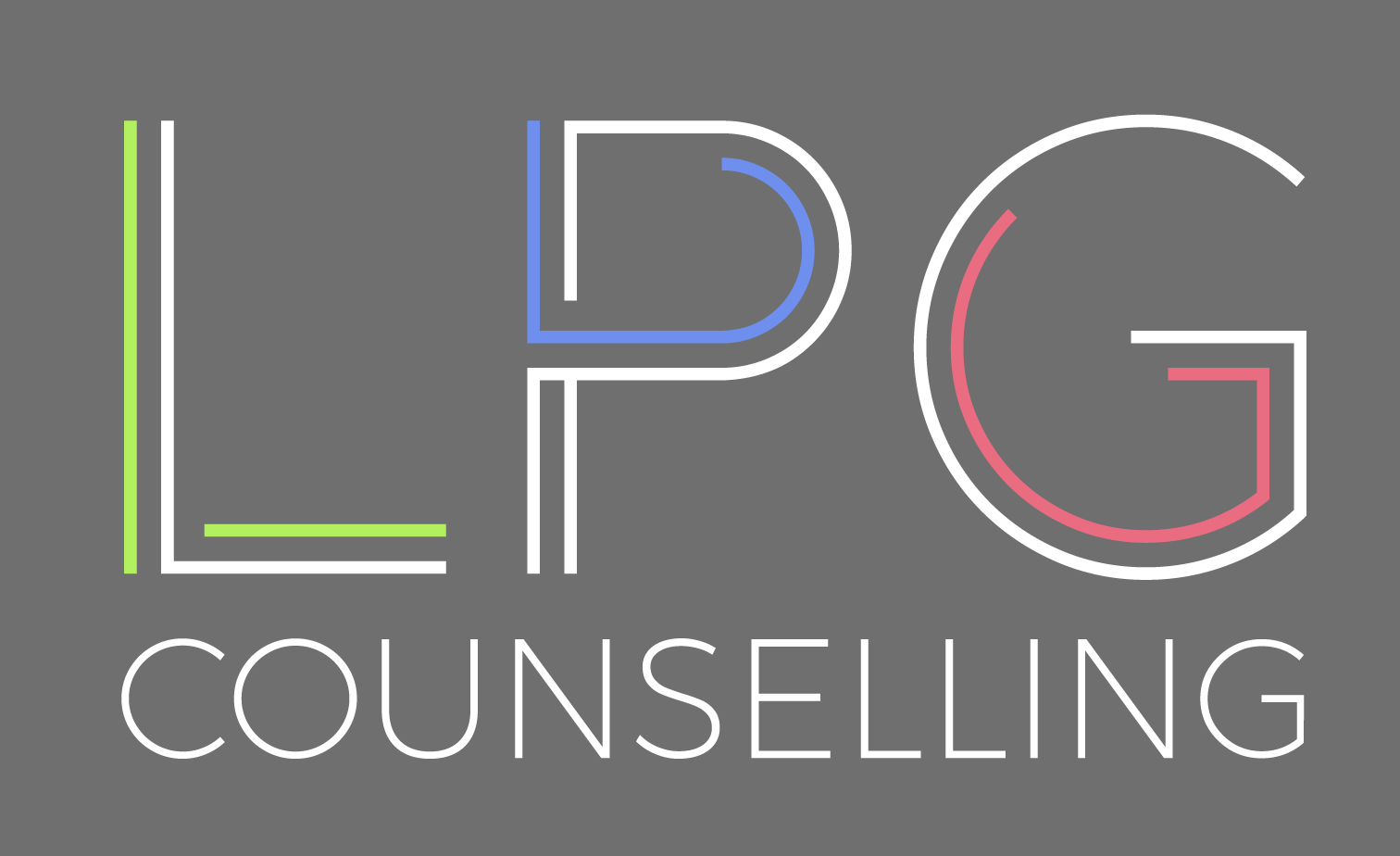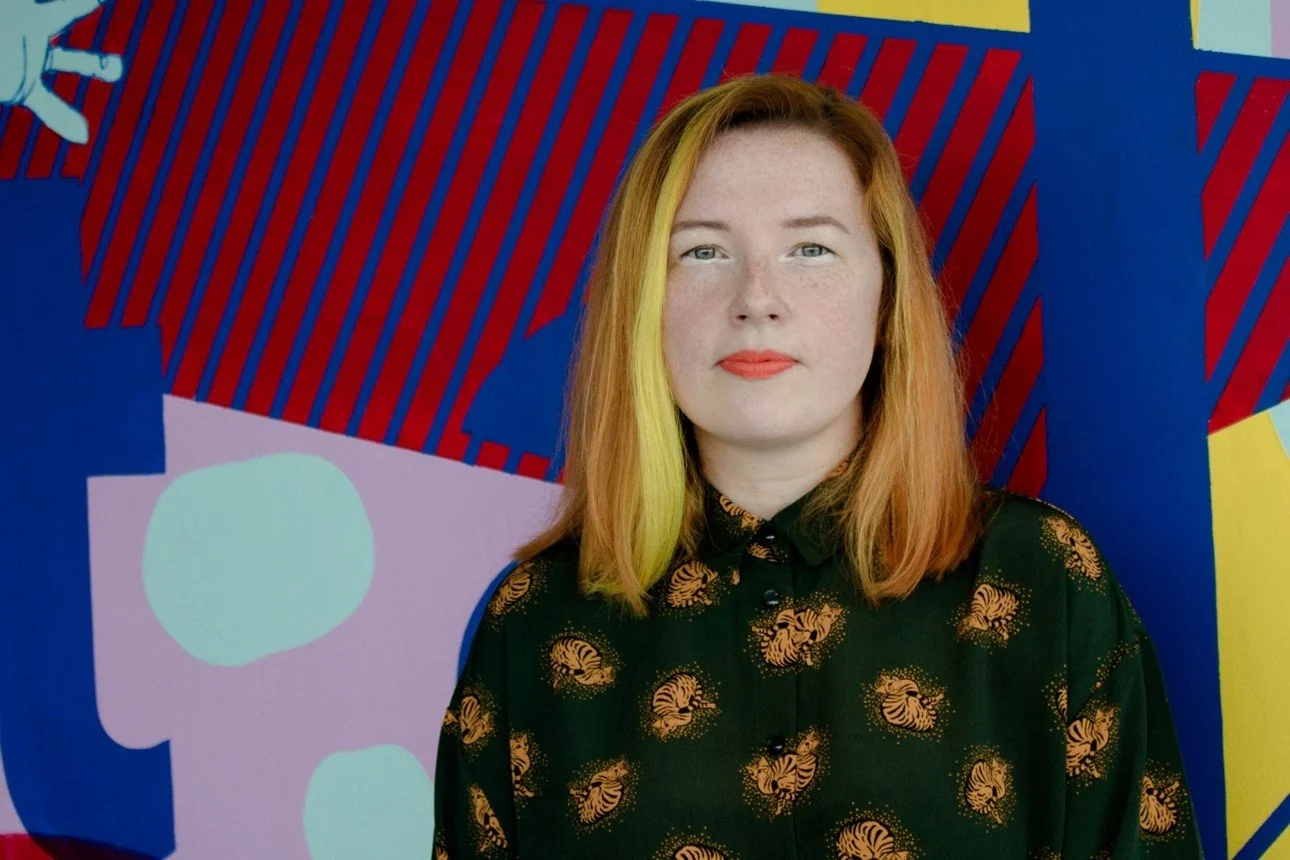A Flexible Approach to Counselling
When we started our business almost 6 years ago, a unifying aspect was our desire to bring accessible and flexible counselling to all. How that first took shape to us was by offering low-cost counselling.
For a trio that had mainly worked minimum wage jobs or in the charity sector, £30 an hour sounded like a dream! What we didn’t realise, perhaps naively, is that £30 doesn’t go very far when it comes to the costs of running a professional, ethical service. Nor does it give any room to grow.
Somewhat disillusioned with this realisation and unsure if we could sustain the client load needed to survive without burning out, we were hit with a global pandemic and our worries got replaced by something else entirely.
Online counselling was certainly an aim of ours from the beginning, we were just hoping to take our time with it. Now it seemed like the only way to keep our business afloat and for those first few months, we were learning how to Zoom alongside all of our very patient and understanding clients.
A global pandemic didn’t quite seem like the right time to increase fees, so we continued on as is, wanting to keep some sense of normalcy for clients and for ourselves.
Without the restrictions of a rented room, what we realised during this time was that we had the freedom and flexibility to work in a different way.
Since we began, client autonomy has been massively important to us. That is why we have an online booking system and why anyone that visits our website can have access to our online diaries. What we found from our own experience and the experience of others is that counsellors largely decided when the next session would be and it felt frowned upon to break from tradition of same time, same place, every week.
We felt that at its core, the person-centred approach is completely radical so why stop there? Wouldn’t it be completely person-centred of us to allow our clients to decide when they see us? Apparently so, as the overwhelming majority of our clients had never experienced such freedom to decide how their therapy journey is going to look.
The absence of a physical space really allowed us and our clients to fully lean into this flexibility. It also made counselling that much more accessible as we worked with people from all over and offered a space for individuals that otherwise would not be able to visit us in person.
With the pandemic somewhat subsiding and the cost of living vastly increasing we knew the only way to ensure our business’s sustainability was by routinely raising our fees. We value our service, and we value our clients, so it became clear that low-cost therapy was no longer realistic, or reflective of our practice.
Also, we were looking at the wrong angle, what makes our service unique isn’t the cost, it’s us and what we provide. Ultimately, we provide freedom. Freedom to access therapy in a way that works for you. You want to have a slot at the same time every week? You got it. You need a little bit more processing time in between sessions? You got it. You have erratic working hours and need counselling to compliment this? You got it.
Despite what you might hear, there really is no wrong way for you to do therapy and we are here to work with you, not against you. There’s space for you to figure out when you need to see us less, when you’d like to see us more, when you might need a break to put things into practice, when you feel you are done and when you feel like you are ready to return.
This rhetoric that counselling can only be beneficial if it is done in a rigid way, is quite frankly bullshit. If you are committed to your own growth and curious about yourself and your process, counselling will be transformational. Regardless of what time your appointment is and how often we see you.
We encourage all of our clients to think deeply about what is realistic and sustainable for them to achieve. The more that counselling can be aligned to you and your lifestyle, the more impactful it will be.
If you are looking for a space that offers more freedom, flexibility and accessibility, you’ve found it.
Laura Finnell
Laura Finnell, BA. is a Person Centred therapist and managing director of LPG Counselling based in Scotland. She is an advocate for the Person Centred approach both inside and outside the therapy room. www.lpg.scot

